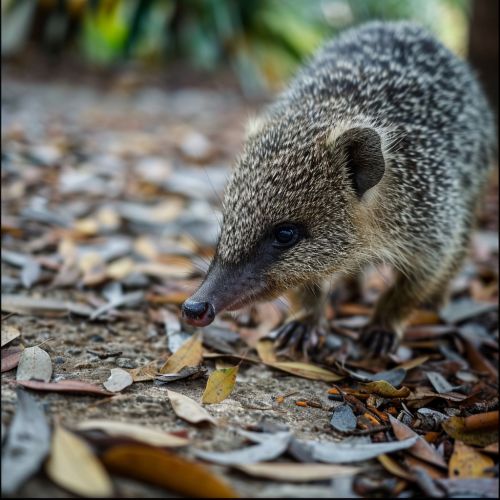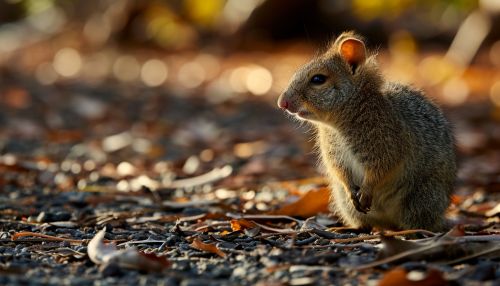Insectivores
Introduction
Insectivores are a group of mammals that feed primarily on insects, spiders, and other small invertebrates. They belong to the order Insectivora, which includes a diverse range of species from shrews and moles to hedgehogs and tenrecs. These animals are characterized by their small size, sharp teeth, and keen senses, which aid them in hunting their prey.
Evolution and Classification
Insectivores are among the most ancient of mammals, with fossil evidence dating back to the late Cretaceous period. They are believed to have evolved from a common ancestor with the primates and rodents. The order Insectivora is divided into several families, including Soricidae (shrews), Talpidae (moles and desmans), Erinaceidae (hedgehogs and gymnures), and Tenrecidae (tenrecs).


Anatomy and Physiology
Insectivores are small to medium-sized mammals, typically weighing between 2 grams and 2 kilograms. They have a simple, elongated body shape with short legs and a long snout. Their teeth are sharp and pointed, designed for piercing and holding onto their prey. Insectivores have a high metabolic rate, which requires them to consume large quantities of food relative to their body size. They have keen senses of hearing, smell, and touch, which they use to locate and capture their prey.
Diet and Hunting Behavior
As their name suggests, insectivores primarily feed on insects. However, their diet can also include spiders, worms, snails, and other small invertebrates. Some species, such as the star-nosed mole, are also known to eat small fish and amphibians. Insectivores use various hunting strategies, from active pursuit and pouncing to ambush and digging. Their sharp teeth and strong jaws allow them to quickly kill and consume their prey.
Reproduction and Lifespan
Insectivores have a relatively short lifespan, typically ranging from 1 to 4 years in the wild. They breed once or twice a year, with females giving birth to a litter of 2 to 10 offspring. The young are born blind and helpless, but they grow rapidly and are usually independent within a few weeks. Insectivores have few natural predators, but they are vulnerable to habitat loss, pollution, and climate change.
Role in Ecosystem
Insectivores play a crucial role in their ecosystems by controlling insect populations. They also serve as a food source for larger predators. In addition, their burrowing behavior helps to aerate the soil and promote nutrient cycling.
Conservation
Many species of insectivores are threatened by habitat loss, pollution, and climate change. Conservation efforts for these animals include habitat protection, captive breeding programs, and public education about their ecological importance.
See Also
- Carnivora - Order of mammals that includes carnivores.
- Rodentia - Order of mammals that includes rodents.
- Chiroptera - Order of mammals that includes bats.
